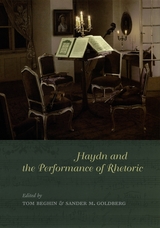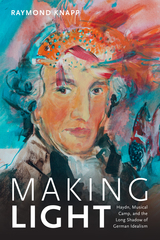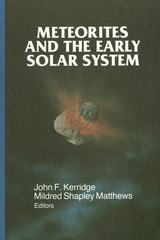
In this first full-scale examination of the theme-and-variations form in the Classical era, Elaine Sisman demonstrates persuasively that it was Haydn's prophetic innovationsplacing the variation in every position of a multi-movement cycle, broadening its array of theme types, and transforming its larger shapethat truly created the Classical variation. She elucidates the concept and technique of variation, traces Haydn's development and use of the form in symphonies, chamber music, and keyboard works, and then shows how Mozart and Beethoven in their individual ways built on his contributions.
Throughout, Sisman's analysis reflects both musical thinking of the Classical period and today's critical interests. She discusses ornamentation and musical figures, explores the pervasive eighteenth-century notion of music as rhetoric, and relates the style of the variation to that of the other dominant form in this period: sonata form. Her book offers a revaluation of the nature of the variation form and a new approach to the music of Haydn. Haydn and the Classical Variation is addressed to students and scholars of music, but the author's unaffected style makes it accessible to nonprofessional music lovers as well.

In this volume, a distinguished group of contributors in fields from classics to literature to musicology restores the rhetorical model to prominence and shows what can be achieved by returning to the idea of music as a rhetorical process. An accompanying DVD, specially designed for this project, presents performances and illustrations keyed to its chapters, making musicological arguments accessible to nonspecialists and advancing additional arguments of its own through the medium of performance. The volume thus reaches beyond musicology to enrich and complicate the larger debate over rhetoric's role in eighteenth-century culture.


READERS
Browse our collection.
PUBLISHERS
See BiblioVault's publisher services.
STUDENT SERVICES
Files for college accessibility offices.
UChicago Accessibility Resources
home | accessibility | search | about | contact us
BiblioVault ® 2001 - 2024
The University of Chicago Press









